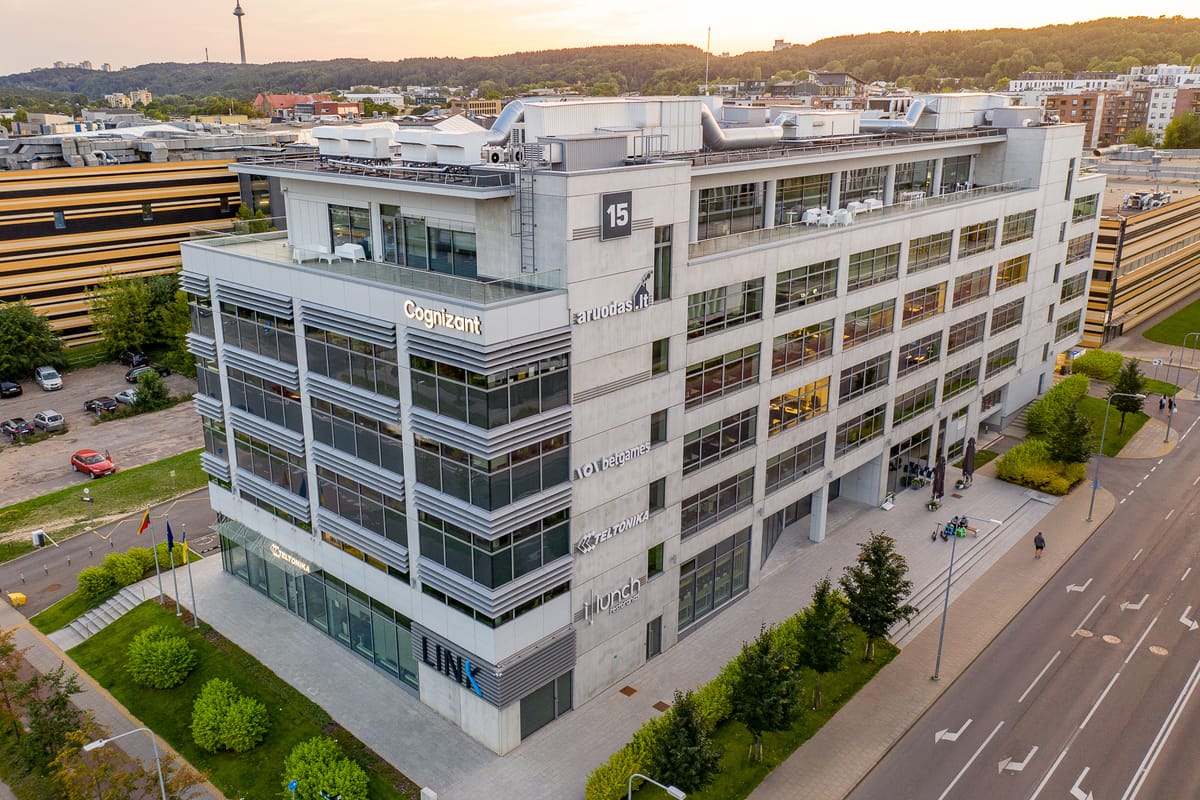
Teltonika drops EUR 3.5bn 'dream' project in Vilnius
Teltonika has announced it is halting the construction of its EUR 3.5bn High-Tech Hill park in Vilnius over delays in securing permits. Lithuania’s leading technology group is a leading manufacturer of gadgets for the “internet of things”, with offices in 19 countries.
Dream of Europe’s top high-tech park has collapsed – main shareholder
Arvydas Paukstys, the company’s main shareholder, shared the decision on 10 November, citing a lack of support from the Lithuanian government for the project that was expected to create 6,000 high-paying jobs.
The park, which aimed to establish 10 factories on 55 hectares by 2028, was proclaimed as the future cornerstone of the Baltic country’s nascent semiconductor industry.
However, Teltonika has complained of several obstacles, including a lack of the requisite 63MW electricity infrastructure by 2027. Despite assurances from officials, Paukstys claims state entities have failed to deliver, with Lithuania’s national grid Litgrid prioritising other projects and suggesting Teltonika finance and build infrastructure independently.
“We were promised a fast-track green corridor for investments. Now, we face insurmountable barriers,” Paukstys said, adding that disputes over cabling routes and environmental restrictions on gas-powered electricity generation were also problematic.
The project’s cancellation represents a significant setback for Lithuania’s ambitions to become a semiconductor hub and raises questions about the government’s ability to support large-scale domestic investments.
Land-use permit delays increased woes
The second major obstacle has been the protracted land-use approval process. While agreements with the Lithuanian Ministry of Economy and Innovation granted leases on state land for semiconductor factories, the reclassification of land for industrial use has been caught up in red tape.
“After two years, we still cannot begin designing the buildings because zoning and technical conditions remain undefined,” Paukstys said, adding that requests for contract extensions to account for these delays have been denied.
Paukstys expressed frustration that Teltonika had already invested EUR 300mn into the project without state support, contrasting this with incentives often extended to foreign investors. “Some of our newly built factories will have to remain idle due to inadequate electricity supply,” he said, lamenting that his decision to choose Lithuania had proven costly.
“I have never supported any political party, perhaps that is why a “red” traffic light was lit for our investments in Lithuania,” Paukstys wrote on Linkedin, adding “I apologise to all 3,000 Teltonika staff for ruining the dream of building the most beautiful high-tech park in Europe. Maybe it will work elsewhere.”





